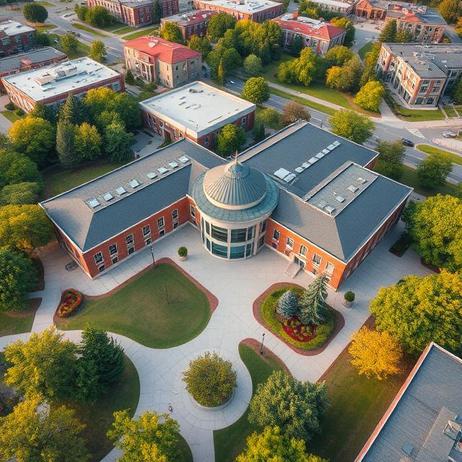How Community Colleges Support First-Generation Students
Community colleges have long played a crucial role in expanding access to higher education. In 2025, their mission is even more urgent as more first-generation students seek affordable, flexible pathways to degrees and careers. These institutions understand that first-generation students arrive with determination, but often without the academic, financial, and cultural knowledge that many continuing-generation learners take for granted.
This article examines how community colleges support first-generation students through targeted services, structured guidance, and inclusive programming. It also explains how parents and educators can help first-generation students navigate the transition to college.
To align with search intent and transparency, this article includes links to authoritative resources such as Community College Review, Public School Review, and College Scorecard.
Why Support for First-Generation Students Matters
First-generation students often balance school with work and family responsibilities. They may be unfamiliar with financial aid processes, course sequencing, or available campus resources. Community colleges recognize these needs and build systems that allow first-generation students to persist from their first semester to graduation.
Common challenges for first-generation students include:
Limited exposure to higher education vocabulary, expectations, and norms
Difficulty navigating academic bureaucracy, including placement, advising, and registration
Financial pressures requiring part-time enrollment
Limited family support in academic decision making



























